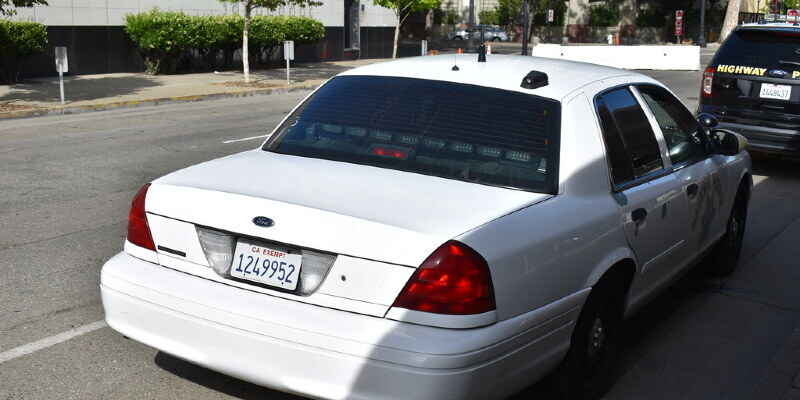Owning rental property can be a lucrative enterprise. Landlords can use the rent they receive from renters to repay a mortgage on your property and pay off costs related to handling it, and gain upon selling the house in the future or continuing to lease once the mortgage is paid back. Paying income taxes is more complicated for landlords due to the income and costs related to rental property.
Claim the Right Rent
Landlords must maintain the money they receive as rent as income on income tax returns. Besides monthly rent obtained during the tax year, that includes some fees which the landlord collects from tenants, such as parking fees, pet fees or cleaning charges. Landlords who charge for lease ahead of time must maintain this money as income for the year when it had been obtained, whatever period of time the lease covers. One exception to asserting rent is a safety deposit that a landlord plans to return, in full or in part, to the renter. According to the IRS, landlords shouldn’t claim this as rental income till they return the balance of the deposit, at which time they must maintain the portion they maintain.
Offset Improvement Costs
Maintaining a rental unit clean and modern is an ongoing cost for landlords, but claiming funding improvements as a tax deduction might help offset these expenses. New decor and furnishings, along with improvements to the building and grounds, qualify for a tax deduction. Landlords who distribute these developments can save on income taxes annually without exceeding the highest allowable deduction limits determined by state and federal tax guidelines.
Maximize Deductions
There are various deductions a landlord can take to save taxes. These include operating expenses to the business side of things, such as the cost of a printer or computer used to maintain documents, procedure new tenants and advertise online. Other marketing and advertising expenses, including classified advertisements and signage, are also deductible as a business investment. Other deductions include mortgage payments, insurance costs and legal fees for consultations or taking actions against a renter.
Monitor Tenant Expenses
Any time that a renter pays for improvements, repairs or providers and deducts these payments from lease, the landlord has to be careful about what to maintain as rental income. If your tenant pays for developments which the landlord would normally be responsible forthe landlord must maintain the full amount of rent paid, in addition to the amount which the tenant paid for your improvement. However, this also allows the landlord to maintain the cost as a deduction. If a renter provides a property or service to cover or reduce lease, the landlord must maintain the fair market value of the property or service as rental income.
